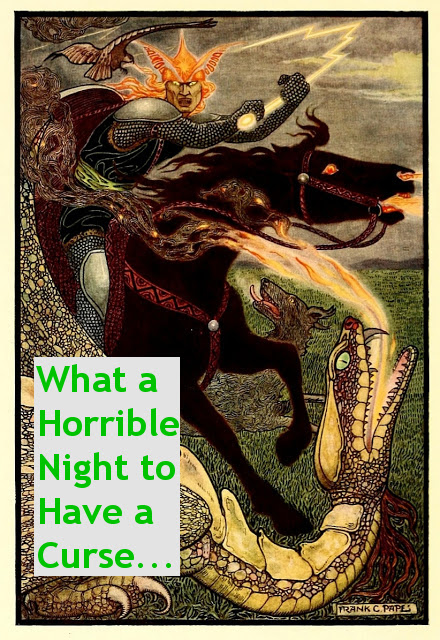Welcome to the home of the Flying Swordsmen RPG. Flying Swordsmen is a game of fantasy martial arts, where characters use swords, fists, spells, and more to battle other martial artists and monsters, and seek out new techniques or magic to improve their martial skill.
Players take on the role of a Fighter, Wizard, Shaman or Thief, and can customize their martial arts abilities as they advance in level. The Stunt system allows players to create the sorts of wild and crazy abilities and moves seen in Wuxia (fantasy martial arts) movies and comics.
If you've played tabletop RPGs before, then go ahead and download the free game and enjoy! Flying Swordsmen is built using the algorithms of older editions of the world's most popular fantasy RPG, and takes direct inspiration from a "lost" martial arts game built on those same rules. It's compatible with older editions of the game, and like other modern simulacra, is based on the OGL.
If you're new to the tabletop RPG experience and the above paragraph was gibberish to you, keep reading.
Role playing games are cooperative games where most of the players each create a player character (called a PC for short) and then play out the actions of that character. One person takes on the role of the Game Master (GM), and instead of controlling one character, instead takes the dual role of running everyone else in the world, while also acting as a referee of the rules of the game.
It works like this. The GM sets the stage, preparing some interesting opponents, monsters, places to visit, and events that will challenge the PCs. The GM then acts as the senses of the PCs, describing the world and what is happening in it. The players then make choices and react to the imagined world around them. The GM then reacts to the players' actions, and the cycle continues as the group plays out the events of this imagined world.
Whenever certain actions happen, such as combat, where the outcomes are uncertain, the rules of the game provide a structure for how to resolve them. Players and the GM roll dice to determine what happens, and how well or poorly the planned actions play out. As PCs adventure and face various challenges, they earn Experience Points (XP). At certain totals of XP, the character gains a new level, and becomes more powerful.
Within the imaginary game world, each player's character faces obstacles and challenges, battles opponents, finds adventure, romance, and drama, and otherwise behaves much like the protagonist of a book or movie.
It may sound complicated, but it's a lot of fun and while it does take work to make a good game, it's not hard to get started. So if this sounds like something you'd like to try, download the free rules and give them a try!
Dice for the Game
Flying Swordsmen RPG, like most tabletop RPGs, uses polyhedral dice. These include the cubical six-sided dice used in traditional games, but also dice with four, eight, ten, twelve, and twenty sides. These dice are available at most hobby shops, some bookstores, and of course online. At least one of each type will be necessary to play, but it helps speed up play if each player has their own set. It's also a good idea to have multiple six-sided dice (at least 4) on hand.
Within the game, dice are noted with the following code: #d#. The first number, before the "d," tells you how many dice to roll, or how many times to roll if you only have one. The number after the "d" tells you the die to use. 1d4 means roll the four-sided die once. 2d6 means roll two six-sided dice, or roll one twice, and total the results. A "plus" or "minus" value after the notation is a number to be added or subtracted from the total, not from each die rolled. For example, 3d10+5 would mean rolling three ten-sided dice, totaling the results, and then adding another five to that total.
Occasionally, there will be other notations, such as d% (roll two ten-sided dice, one as a tens digit and one as a ones digit to get a percentage between 1 and 100), or 4d6-L (roll four six-sided dice, discard the lowest die, and total the other three - often used for creating characters).
Questions
If you've got any questions about the game, feel free to ask in the comments section of the blog. Even if it's off topic for that post, I'll be happy to answer your questions.
Kickstarter - D6 System: Second Edition
6 hours ago





